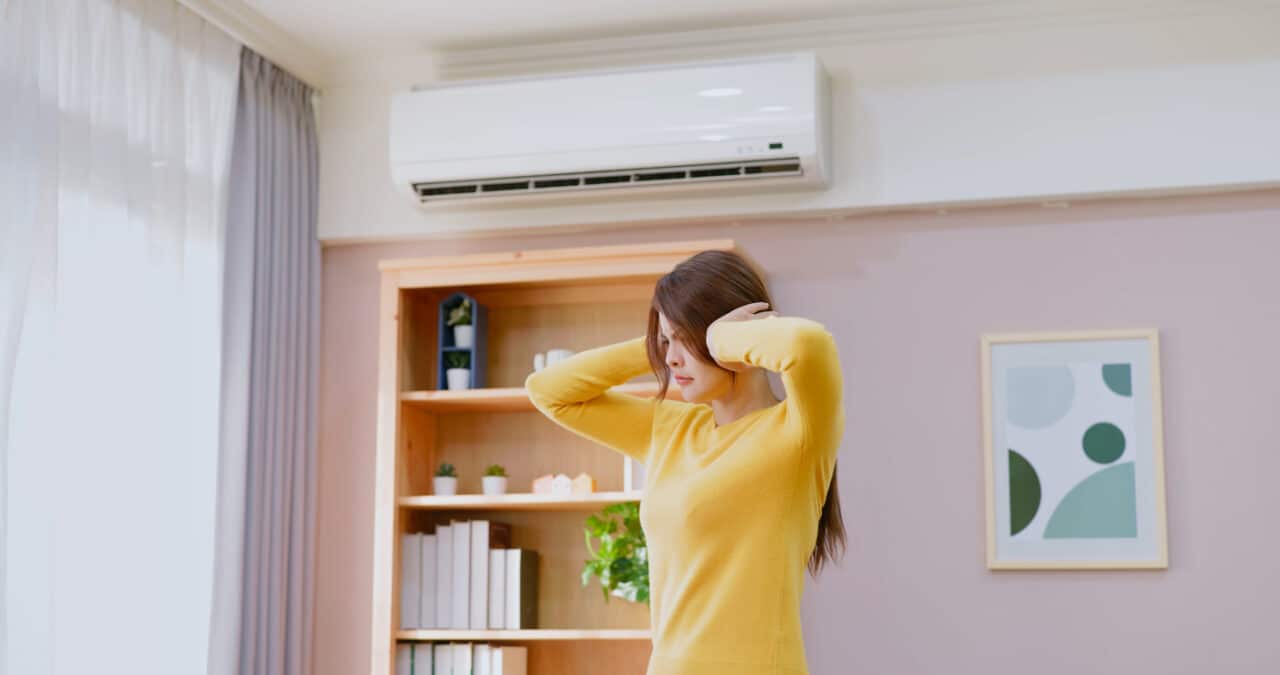Ear pressure is the uncomfortable feeling that your ears are full, stuffy or plugged. Ear pressure occurs when the Eustachian tubes, the tubes running from the middle ear to the back of the nose, become blocked. Common causes of ear pressure include but are not limited to:
- Sinus infection. A sinus infection is the inflammation of the sinuses resulting in a stuffy or runny nose, facial pain, ear pressure and more.
- Allergies. Similar to a sinus infection, allergies can cause sinus and ear canal inflammation, leading to ear pressure.
- Ear infection. An ear infection occurs when fluid becomes trapped behind the eardrum, resulting in pain and ear pressure.
- Swimmer’s ear. Swimmer’s ear occurs when fluid is trapped in the ear canal and becomes infected, leading to ear pressure, hearing issues and more.
- Altitude change. Changing elevation quickly can disrupt the Eustachian tube’s ability to equalize pressure in the middle ear, leading to ear fullness and a popping sensation.
Less common causes of ear pressure include Ménière’s disease, foreign objects in the ear, cholesteatoma, acoustic neuroma and more.
Although ear pressure is rarely serious on its own, it can be a symptom of other issues. Let’s look at a couple of ways you can help relieve ear pressure.
Swallowing and Yawning

Swallowing or yawning helps engage the muscles that open the Eustachian tube. Opening the Eustachian tube will allow the air pressure between the middle ear and the environment around you to equalize. If you’re experiencing ear fullness, try sucking on hard candy or lozenge to promote swallowing.
Treat the Underlying Condition
Treating the underlying condition is an excellent way to prevent the associated ear pressure. Some tips for treating common ear pressure causes include:
- Sinus infection. Decongestants, warm drinks, nasal irrigation and steam are all great ways to treat a sinus infection and its associated symptoms.
- Allergies. A couple of treatment options for allergies include antihistamines, immunotherapy and allergy avoidance. If you are unaware of what allergens cause your reaction, try paying attention to your symptoms. For example, if your allergies flare up at Dudley Park, you may be experiencing a pollen allergy.
- Ear infection. Ear infection symptoms usually go away on their own within a couple of days, but if your infection is severe or long-lasting, your ear, nose and throat (ENT) specialist may recommend antibiotics or ear tubes.
- Swimmer’s ear. If swimmer’s ear is severe or long-lasting, your ENT specialist may prescribe antibiotic ear drops. Following treatment, your ear pressure should subside with the rest of your symptoms.
- Altitude change. Practice the swallowing and yawning technique during take-off and landing to prevent ear fullness or pressure from becoming severe.
For more information on preventing and managing ear pressure, contact ENT of Athens today to make an appointment with one of our specialists.